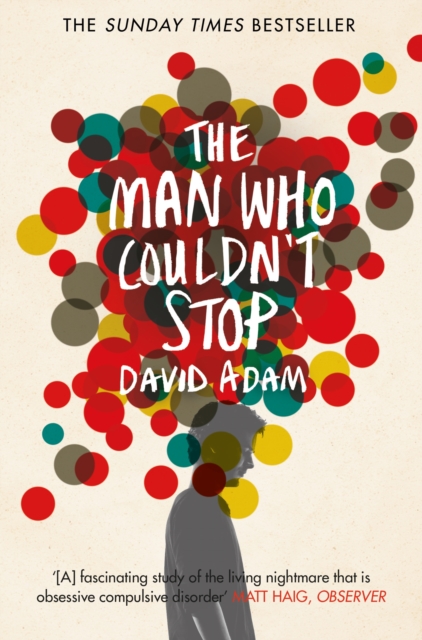
The Man Who Couldn't Stop : OCD and the true story of a life lost in thought EPUB
by David Adam
EPUB
Description
A Sunday Times Bestseller
Have you ever had a strange urge to jump from a tall building, or steer your car into oncoming traffic? You are not alone. In this captivating fusion of science, history and personal memoir, writer David Adam explores the weird thoughts that exist within every mind, and how they drive millions of us towards obsessions and compulsions.
'One of the best and most readable studies of a mental illness to have emerged in recent years . . . an honest and open and, yes, maybe life-changing work' - Matt Haig, Observer
Told with fierce clarity, humour and urgent lyricism, this extraordinary book is both the haunting story of a personal nightmare, and a fascinating doorway into the darkest corners of our minds.
David has suffered from obsessive compulsive disoder (OCD) for twenty years, and The Man Who Couldn't Stop is his unflinchingly honest attempt to understand the condition and his experiences. What might lead an Ethiopian schoolgirl to eat a wall of her house, piece by piece; or a pair of brothers to die beneath an avalanche of household junk that they had compulsively hoarded? At what point does a harmless idea, a snowflake in a clear summer sky, become a blinding blizzard of unwanted thoughts?
Drawing on the latest research on the brain, as well as historical accounts of patients and their treatments, this is a book that will challenge the way you think about what is normal, and what is mental illness.
Information
-
Download - Immediately Available
- Format:EPUB
- Pages:288 pages
- Publisher:Pan Macmillan
- Publication Date:10/04/2014
- Category:
- ISBN:9781447261780
Information
-
Download - Immediately Available
- Format:EPUB
- Pages:288 pages
- Publisher:Pan Macmillan
- Publication Date:10/04/2014
- Category:
- ISBN:9781447261780






